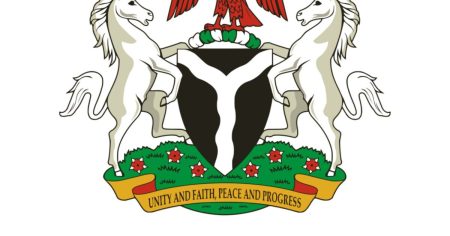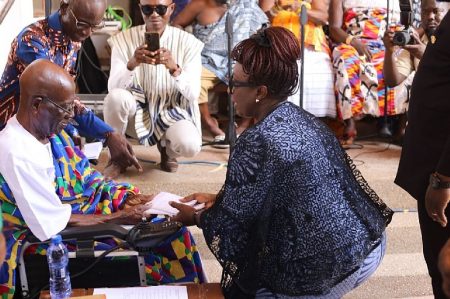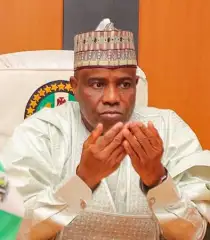The Northern Elders Forum’s (NEF) recent call for a state of emergency in Nigeria’s northern region to address escalating insecurity has ignited a divisive debate among the affected states. While some states, grappling with persistent violence, cautiously welcomed the proposal or expressed openness to measures that could bolster security, others vehemently rejected it, citing concerns about democratic erosion. This divergence underscores the complex and multifaceted nature of the security challenges plaguing the North, as well as the varying perspectives on the most effective response. The heart of the issue lies in the alarming surge in attacks by armed groups, which have claimed the lives of numerous civilians and security personnel, and disrupted daily life across several northern states.
The NEF, deeply troubled by the relentless violence, specifically cited a devastating attack that resulted in the deaths of over 20 security personnel, characterizing it as a declaration of war against the Nigerian state. The forum argued that the government’s response has been inadequate, accusing it of being either unwilling or unable to stem the tide of insecurity. Their call for a state of emergency reflects a growing sense of desperation and a belief that drastic measures are necessary to restore order and protect lives. This sentiment resonates with some states deeply impacted by the violence, who are open to exploring all available options, including potentially extraordinary measures.
Zamfara State, one of the epicenters of the violence, expressed its willingness to embrace a state of emergency, highlighting its own prior declaration of emergency measures to combat banditry. The state government believes that a federal intervention could provide the additional resources and support necessary to quell the ongoing crisis. Similarly, Kano State signaled its openness to any initiative aimed at strengthening security, emphasizing its commitment to maintaining peace and protecting its residents. These states’ receptiveness to the NEF’s proposal reflects the dire security situation they face and their willingness to consider unconventional approaches.
However, the NEF’s call encountered staunch resistance from other states, particularly Benue. The Benue State Government categorically rejected the idea of a state of emergency, deeming it an impossibility and an aberration. They questioned the feasibility and legality of effectively suspending democratic structures across multiple states. This opposition highlights the sensitive political implications of such a move, which could be perceived as an infringement on state autonomy and a potential threat to democratic principles. Furthermore, the Kogi State Government adopted a neutral stance, characterizing the NEF’s position as a personal opinion while emphasizing its own commitment to deploying resources to ensure security within its borders.
Kaduna State, while acknowledging the severity of the security challenges, expressed its preference for alternative approaches. The state government highlighted its own peace model, which emphasizes non-kinetic strategies, and its commitment to extending this model to other areas experiencing insecurity. They pointed to positive results achieved through this approach, emphasizing that peace had been restored in certain previously volatile areas, with economic activities resuming. Kaduna’s stance underscores the belief that lasting peace can be achieved through community engagement, dialogue, and addressing the root causes of conflict, rather than resorting to extraordinary measures like a state of emergency.
The differing responses from northern states to the NEF’s call for a state of emergency underscore the complexities of the security situation. While some states, desperately seeking solutions to rampant violence, are open to exploring even drastic measures, others harbor reservations about the potential implications for democracy and state autonomy. Furthermore, varying experiences with different security strategies, such as Kaduna’s peace model, contribute to this divergence in viewpoints. Ultimately, the debate over a state of emergency reflects a broader discussion about the most effective and sustainable approach to address the deep-rooted insecurity plaguing Nigeria’s northern region. Finding a path forward requires balancing the urgent need for immediate action with the long-term goal of building sustainable peace and stability while respecting democratic principles.














